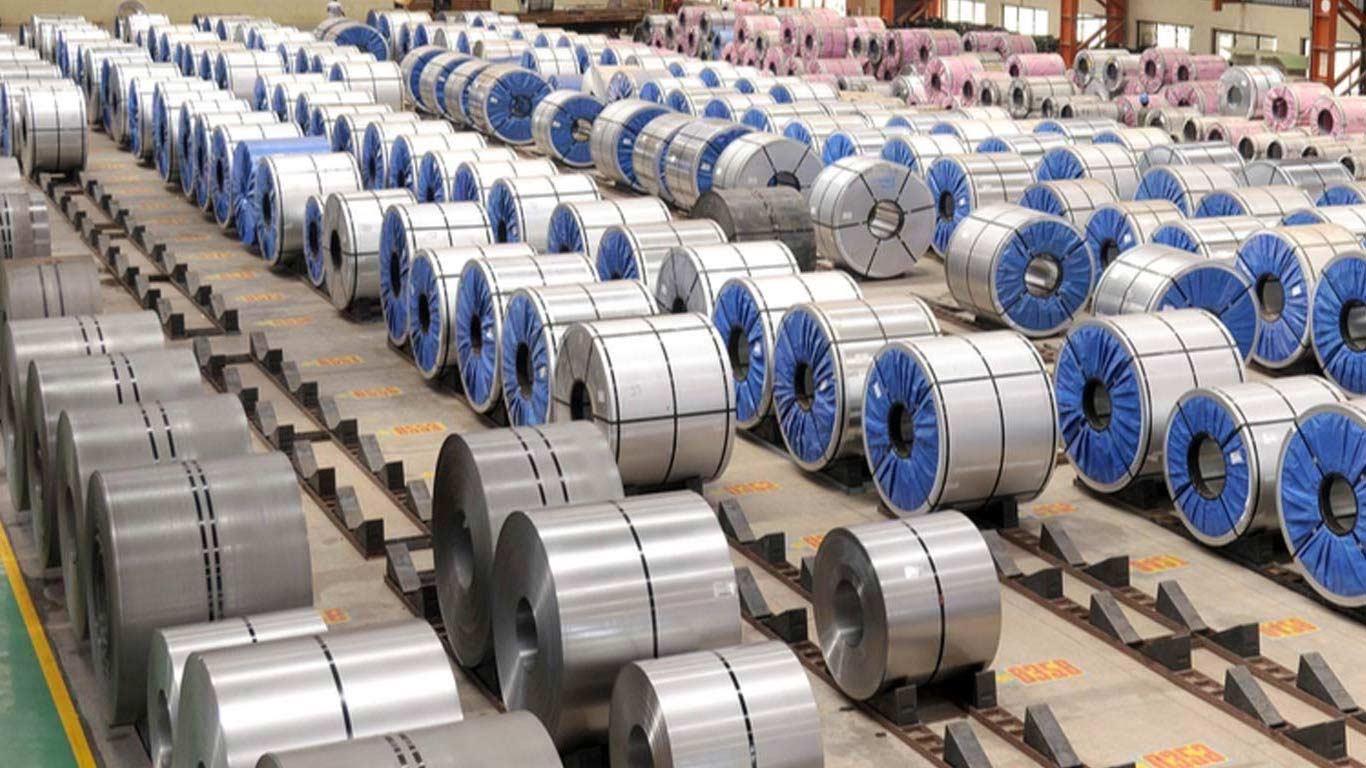
Indian Steel Industry Pushes For Safeguard Duty Against Imports User Msmes Cry Foul
The Indian government is considering the imposition of a safeguard duty on steel imports to protect the domestic steel industry from an influx of cheaper foreign steel, especially from China.
According to industry estimates, imported steel-factoring in customs duties-costs about 30% less than domestic steel, threatening the profitability and growth plans of Indian companies.
The Micro, Small & Medium Enterprises (MSMEs), however, have contested the claim of large Steel producers and have accused them of misleading Government on that count.
Industry representatives are expected to submit a proposal for the duty structure within the next two weeks.“The Directorate General of Safeguards (DGS) will begin investigating the impact of cheap imports as soon as we receive the industry's proposal,” a senior government official said.
The investigation, which could take four to six months, will determine whether safeguard duties are necessary. Officials clarified that the duty will be imposed retrospectively from the start of the investigation.
India's steel imports surged by 41.3% in the first half of FY25, reaching 4.7 million tonnes (mt), with China accounting for 31% of the total imports, followed by South Korea (26%) and Japan (24%). Vietnam, which serves as a transshipment hub for Chinese steel, contributed 8.4% to the total imports.
MSME body Federation of Indian Micro and Small & Medium Enterprises (FISME)
claimed that if there was any case of misuse of FTA or Rules of Origin,
that needed to be taken up with respective countries but imposing Safeguard Duties was not a sound policy.
This sharp rise in cheaper imports has pressured domestic prices and turned India into a net importer of steel-reversing its previous status as a net exporter by the end of FY24.
Government officials clarified that raising customs duties would not be effective because around 75% of steel imports come from countries with which India has free trade agreements (FTAs).
Safeguard duties, however, apply to all imports, ensuring compliance with international trade rules. The duty under consideration may range between 8-12%, but the domestic steel industry is pushing for 25% protection, in line with U.S. tariffs on Chinese steel.
“A safeguard duty would offer timely relief, unlike anti-dumping investigations, which can take years to conclude,” an official explained. Previous safeguard measures have included anti-dumping duties and tariff quotas to counter similar import challenges.
The proposal has garnered support from steelmakers, who say immediate action is essential.“These imports, especially from China, are not high quality, but the price advantage forces Indian buyers to opt for them,” a steel industry executive remarked.“If unchecked, these imports will hurt our margins and delay expansion plans.”
Experts like A.S. Firoz, former chief economist at the steel ministry, agree that such protective measures are vital.
"Steel is a cyclical industry. Current conditions demand protection from cheap imports to support domestic growth,” he said. He also suggested raising the customs duty to 15 per cent until the safeguard investigations conclude.
The Directorate General of Trade Remedies (DGTR) is already investigating anti-dumping measures on specific steel products, but the process could take years.
Meanwhile, India's National Steel Policy 2017 aims to ramp up production capacity to 300 million tonnes by 2030-31, but this ambitious target may falter if the industry continues to face import pressure.
(KNN Bureau)
Legal Disclaimer:
MENAFN provides the
information “as is” without warranty of any kind. We do not accept
any responsibility or liability for the accuracy, content, images,
videos, licenses, completeness, legality, or reliability of the information
contained in this article. If you have any complaints or copyright
issues related to this article, kindly contact the provider above.


















Comments
No comment